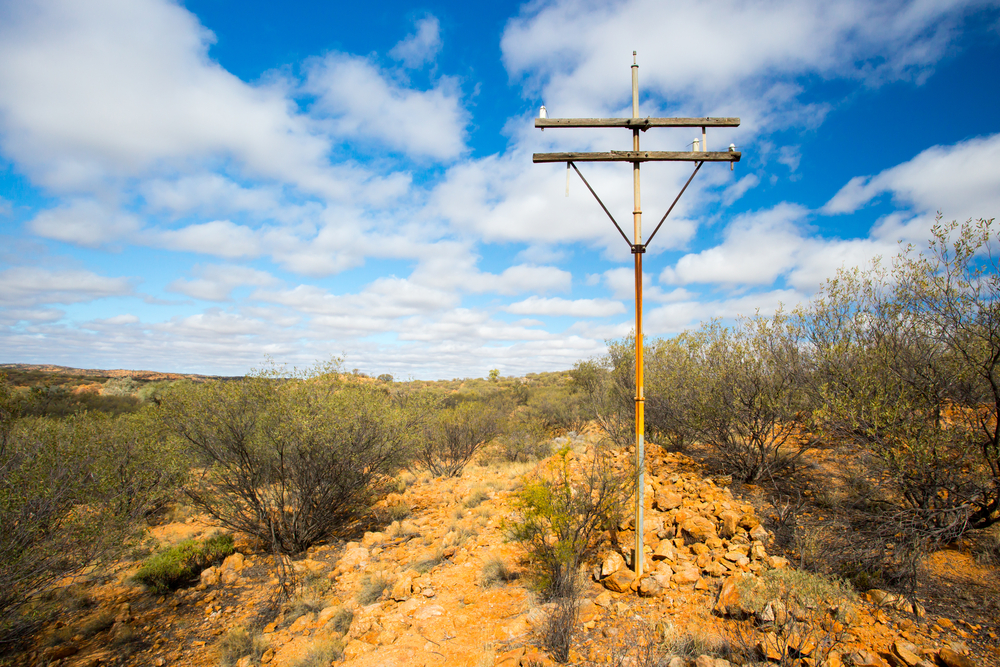Ian Binnie has been an individual member of ACCAN since its inception and also one of the predecessor organisations the Consumers Telecommunications Network (CTN). Ian joined CTN soon after he retired from a long career in the telecommunications industry. He is a great supporter of consumer representation activities in the telecommunications industry.
Nan Bosler has been both an individual member and an organisational representative of ACCAN on behalf of the Australian Seniors Computer Clubs Association (ASCCA). Nan came across from the CTN Board as a founding member of the ACCAN Board 2008-2010. Nan has been a dynamic advocate in the telecommunications policy arena for seniors. Through her work as President of ASCCA she has ensured digital literacy has been high on the list of priorities for all levels of governments and the private sector.
Gerard Goggin was an inaugural ACCAN Board member appointed in 2008. Since then Gerard has been a member of the ACCAN Independent Grants Panel which assesses applications for the ACCAN grants program. Gerard has continue to provide leadership on many communications consumer issues including universal service, accessibility issues and mobile telephony. Gerard is currently Wee Kim Wee Professor of Communication Studies at Nanyang Technology University in Singapore.
Johanna Plante joined the ACCAN Board in 2010 and was then elected as Chairperson in 2011, a role she would hold for 6 years. Johanna’s term on the ACCAN Board finished in 2017 after the organisation had successfully been reviewed. During her time as Chair, ACCAN’s profile grew and industry engagement increased. Johanna has worked tirelessly to improve outcomes for consumers with disabilities particularly for Deaf and Hard of Hearing consumers. She was recently on the Minister appointed Regional Telecommunications Independent Review Committee and she worked hard to ensure the voices of rural, regional and remote consumers were heard.
Sue Salthouse AM became Chair of ACCAN following its first AGM in 2009 and she was also the chair of the ACCAN Standing Advisory Committee on Disability Issues. She was on the inaugural ACCAN Board in 2008 and completed her term at the end of 2011. Prior to that Sue worked closely with TEDICORE on many communications consumers issues. She was on the Telecommunications Consumer Representation Working Group which developed the ACCAN proposal. Sue co-ordinated the Women with Disabilities Australia (WWDA) Telecommunications Working Group and was the Chair of the Communications Alliance Disability Council. Sue has made major contributions to improving the accessibility of telecommunications for people with disabilities in Australia.
Visit Sue's ACCAN condolence page.
The supporters of No Australian Left Offline want affordable broadband. Affordable broadband is a home internet service that enables all Australians to be online regardless of their personal circumstances or where they live, without putting them into financial stress.
With all Australian government services to be available online by 2025, it’s more important than ever that there is No Australian Left Offline.
Over one million Australians will continue to have access to essential government services with affordable broadband.

The benefits of this Federal budget neutral policy

Economic benefits of affordable broadband
- Approximately $20 billion saved through move to online services
- Stronger economy: increases in average incomes of 0.85% per person
- New business & employment: up to 5400 businesses formed + an additional 3400 to 6400 self-employment opportunities in areas with high NBN rollout
- Increased tax revenue through higher economic activity, and reduced unemployment
- Reduced cost & barriers to access for households when accessing essential services, particularly for Australians in regional and remote areas
Without affordable home broadband
- 1 Million+ low-income households at risk of not switching over to NBN
- Children struggle to complete homework and keep up at school
- Young people can’t prepare for the post-school world of further training, education or employment
- Job Seekers find it difficult to get jobs and training to lift themselves and their families out of poverty
- Elderly or less mobile people find it harder to access support services and overcome social isolation
In Australia there are one million households that are at risk of not switching over to the NBN because of the cost. This limits the opportunities of these households, and threatens the underlying economics of the NBN by reducing take-up of services. Reduced take-up means lower NBN revenues and reduced capacity to provide a return to government.
How can we achieve affordable broadband?
ACCAN proposes a 50 mbps unlimited broadband service offered at a wholesale price of $20 per month by NBN Co to households receiving government financial support.
This would mean eligible households would pay approximately $30 per month for unlimited broadband – almost halving the current average cost.
We estimate that providing this concession to the 1 million + households on the lowest incomes can be Federal budget neutral, and support these households to be connected.
Downloads:
Download: ![]() No Australian Left Offline - Policy document97.5 KB
No Australian Left Offline - Policy document97.5 KB
Download: ![]() No Australian Left Offline - Policy document752.71 KB
No Australian Left Offline - Policy document752.71 KB
Download: ![]() No Australian Left Offline - Affordable Broadband for the regions102 KB
No Australian Left Offline - Affordable Broadband for the regions102 KB
Download: ![]() No Australian Left Offline - Affordable Broadband for the regions759.57 KB
No Australian Left Offline - Affordable Broadband for the regions759.57 KB
Download: ![]() No Australian Left Offline - Media release3.1 MB
No Australian Left Offline - Media release3.1 MB
Download: ![]() No Australian Left Offline - Media release982.99 KB
No Australian Left Offline - Media release982.99 KB
Download: ![]() A3 colour brochure2.2 MB
A3 colour brochure2.2 MB
Supporters of No Australian Left Offline
This email address is being protected from spambots. You need JavaScript enabled to view it.


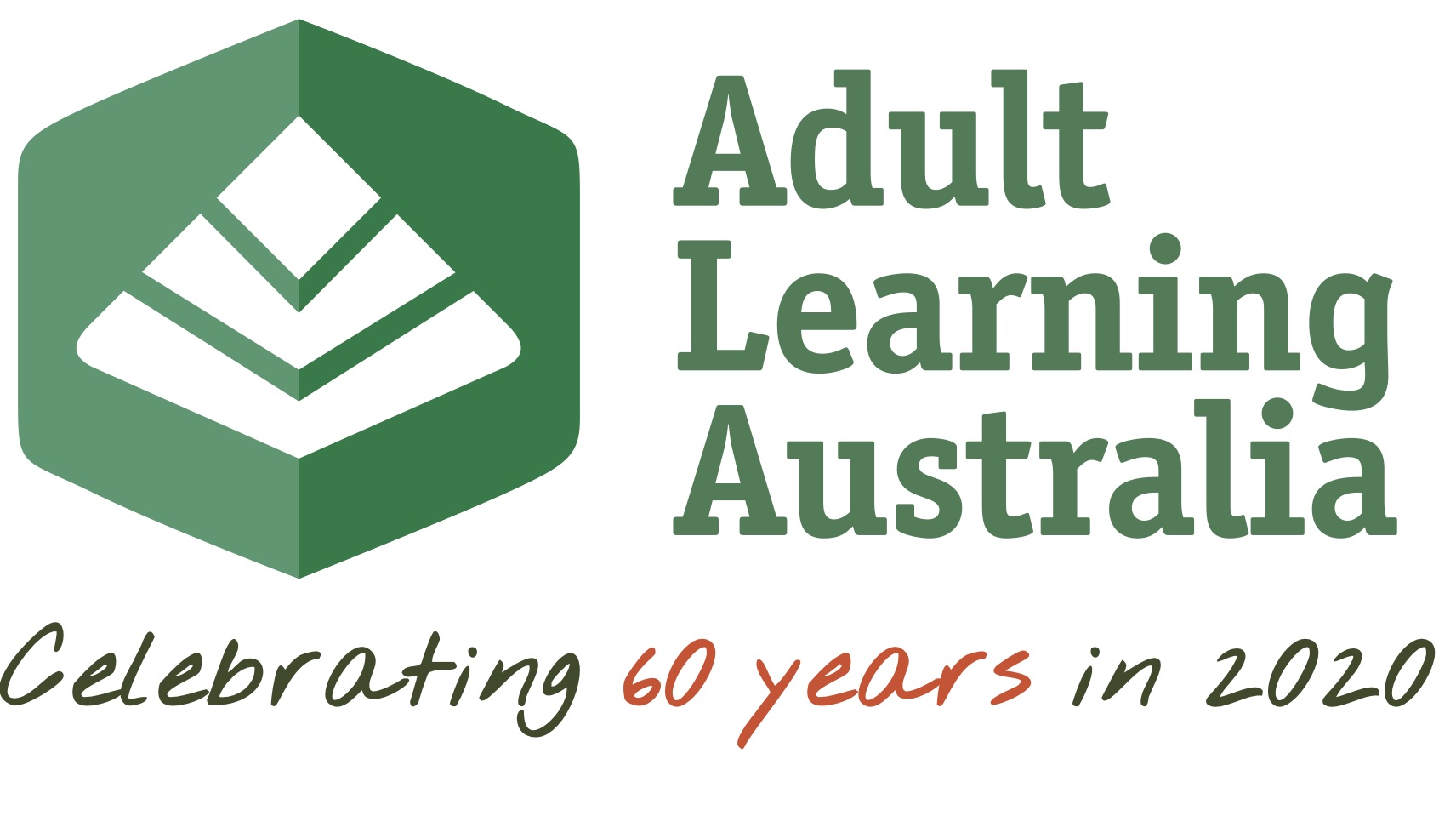
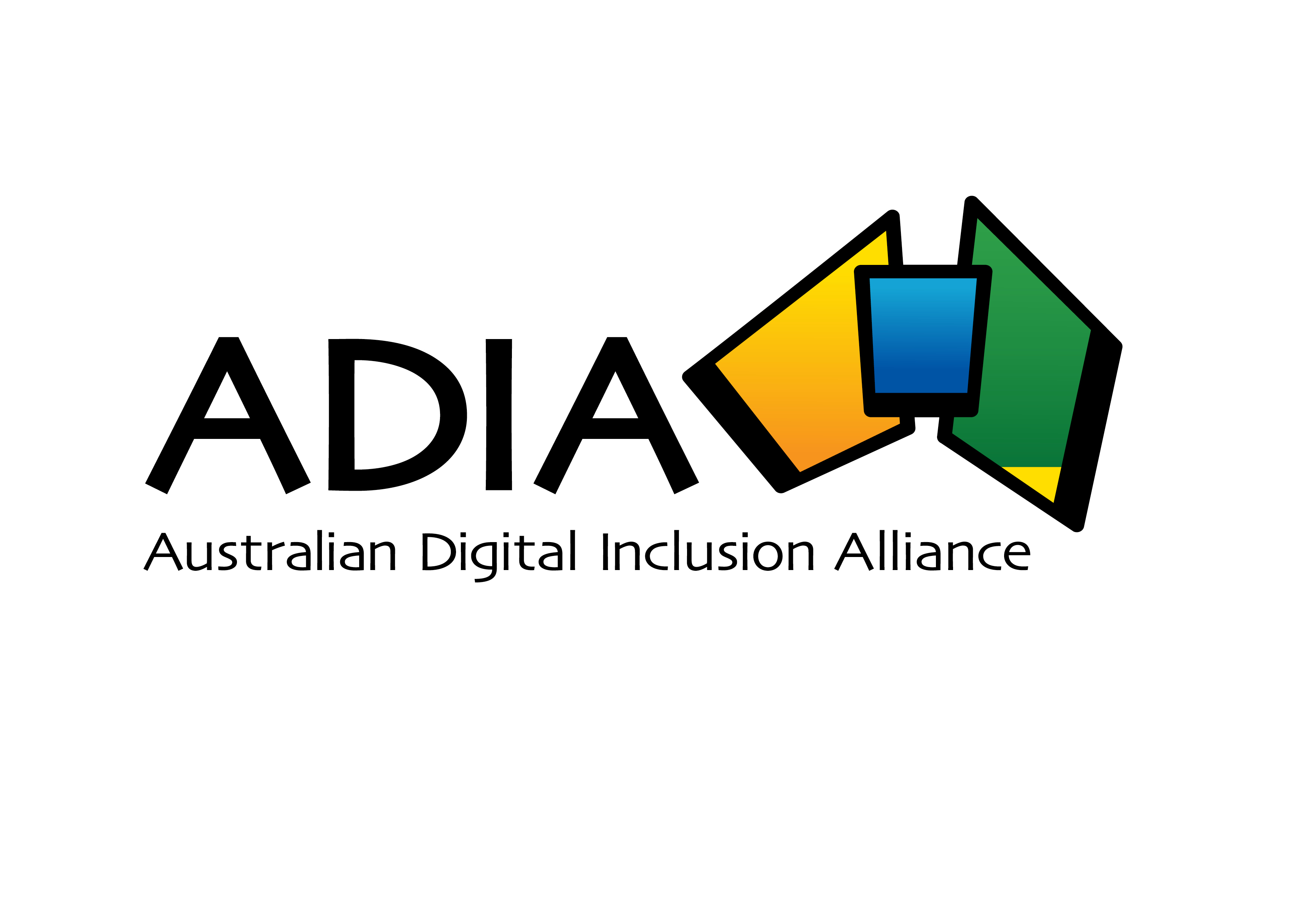
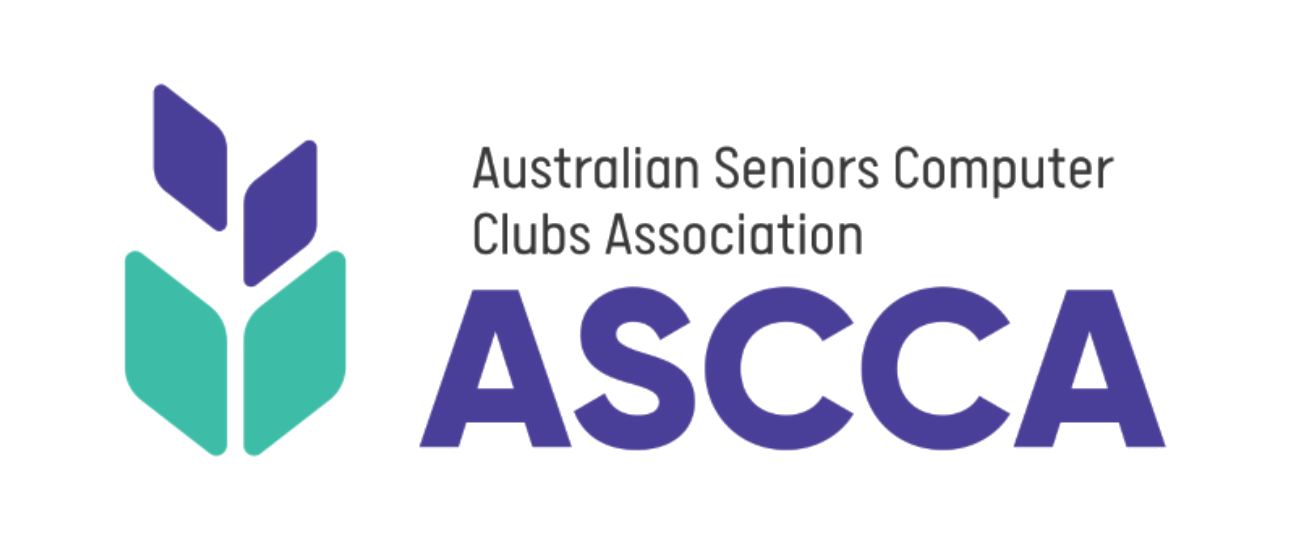

![]()
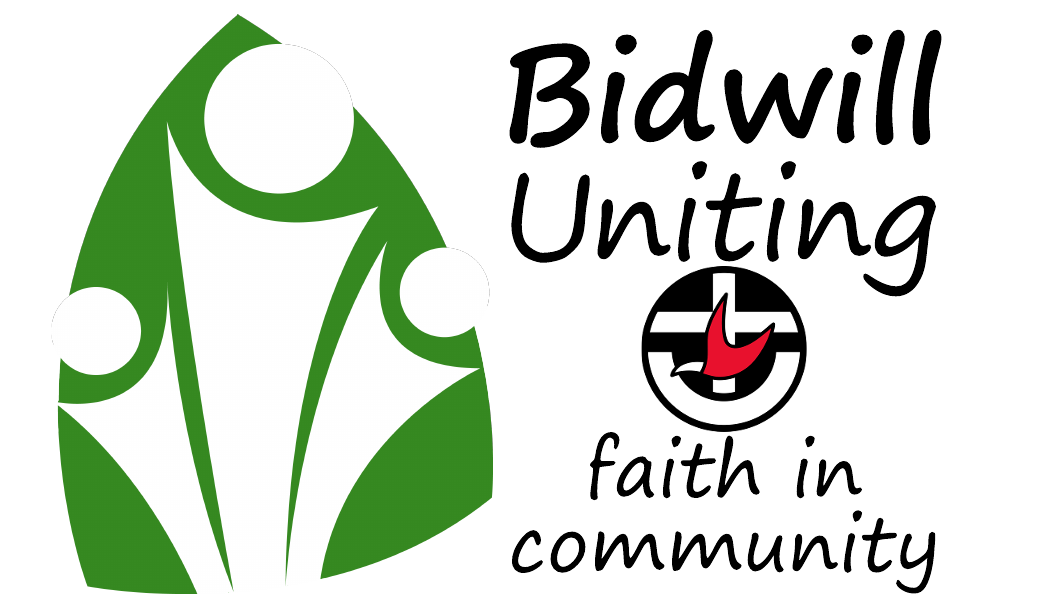
![]()
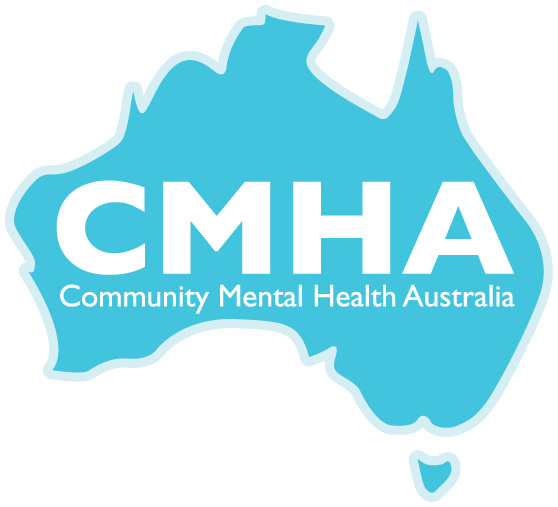
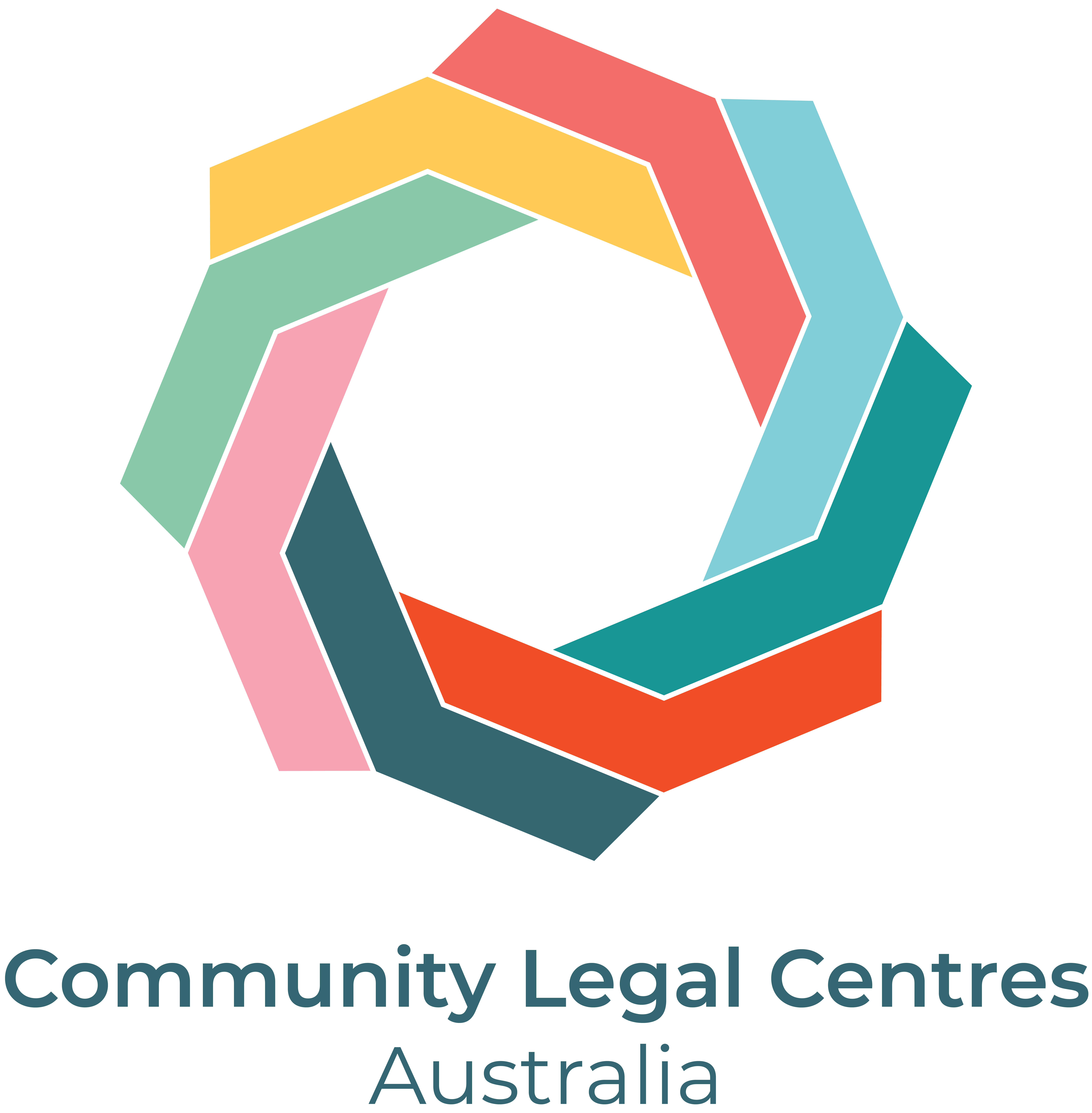
![]()
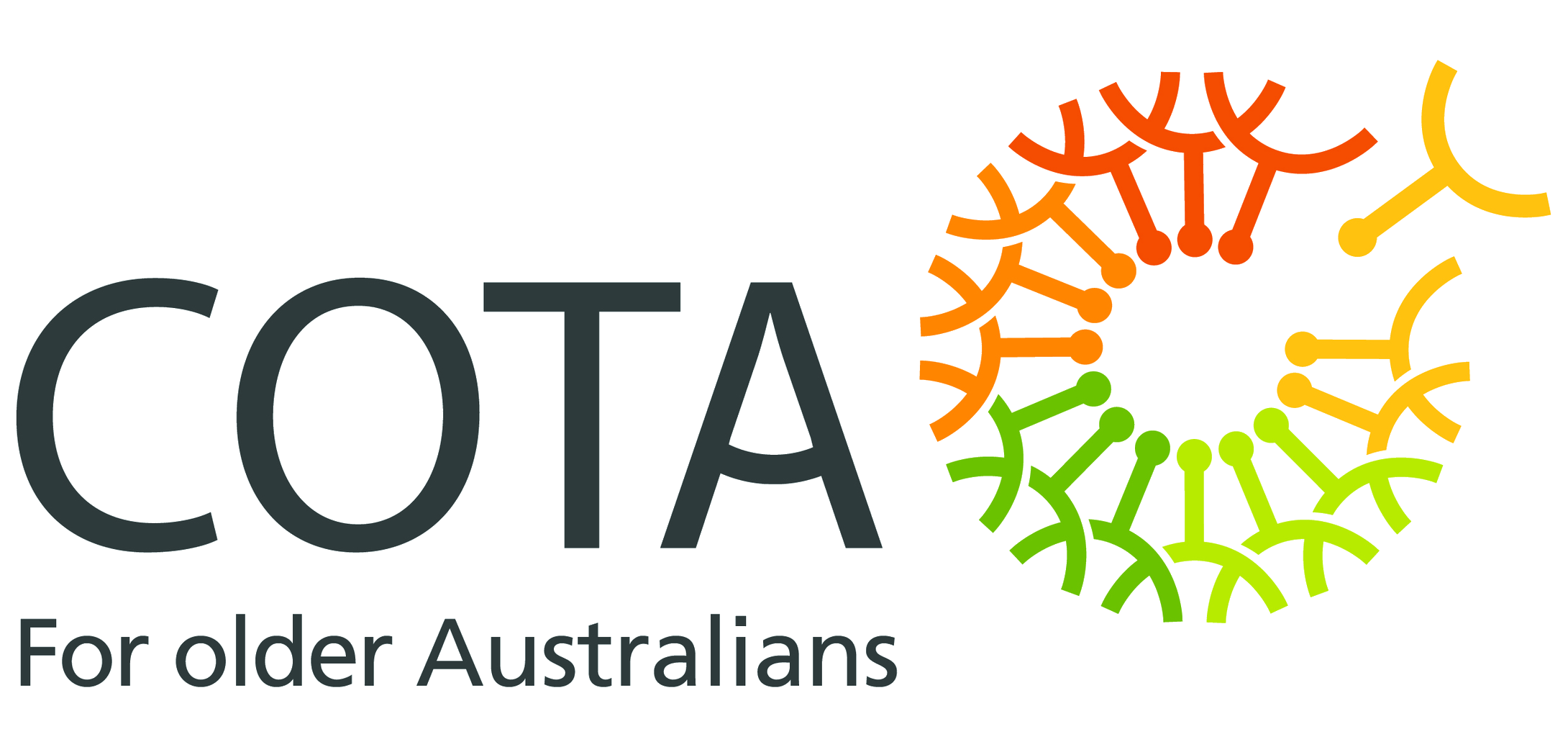
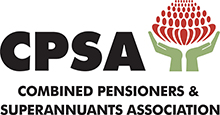


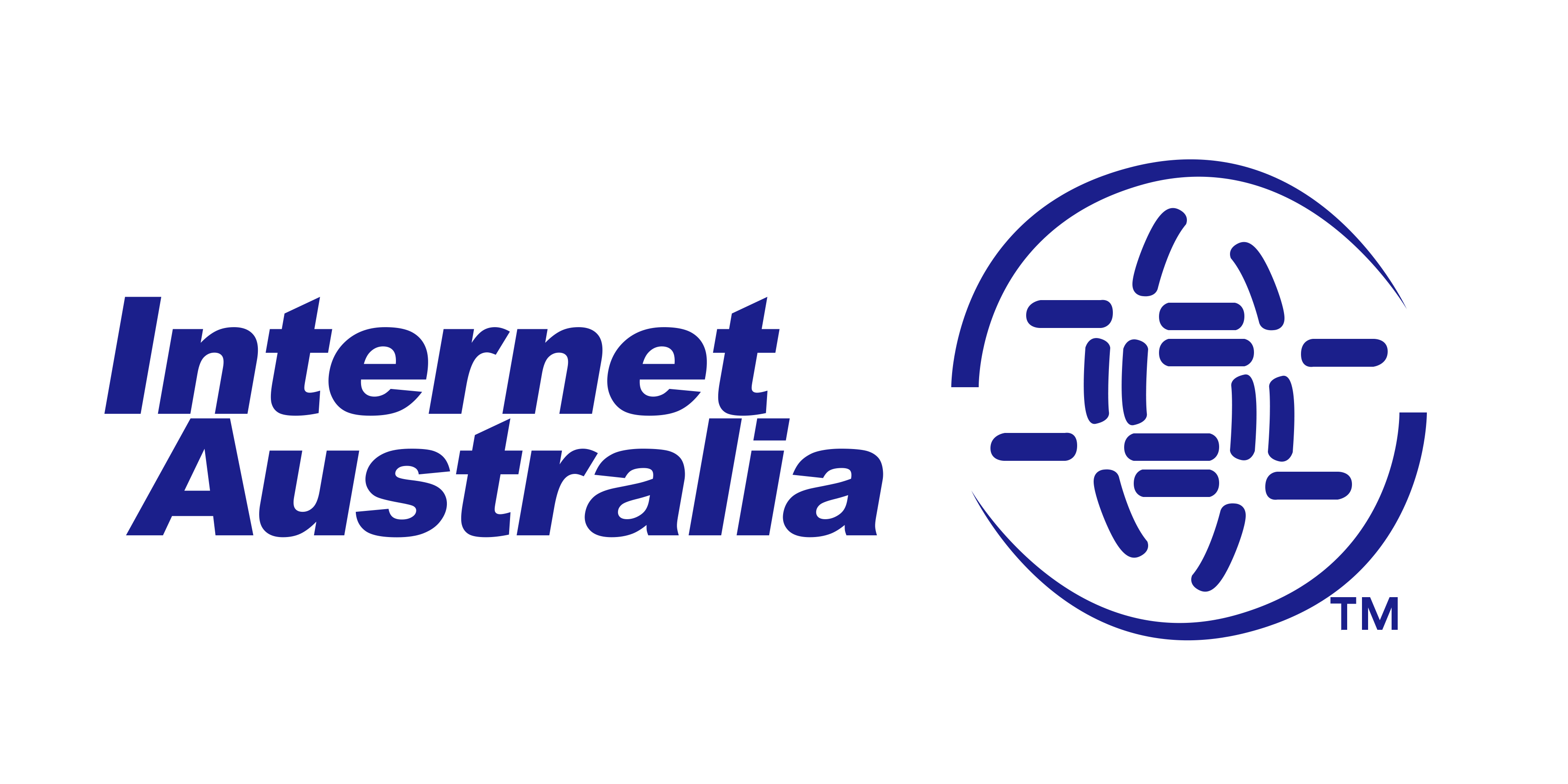

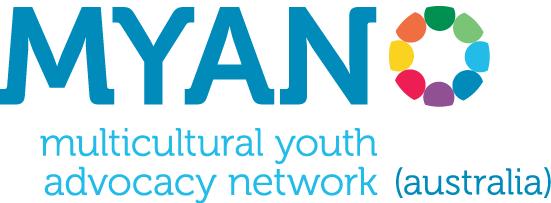


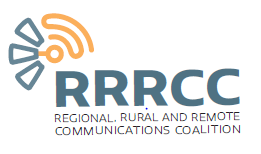
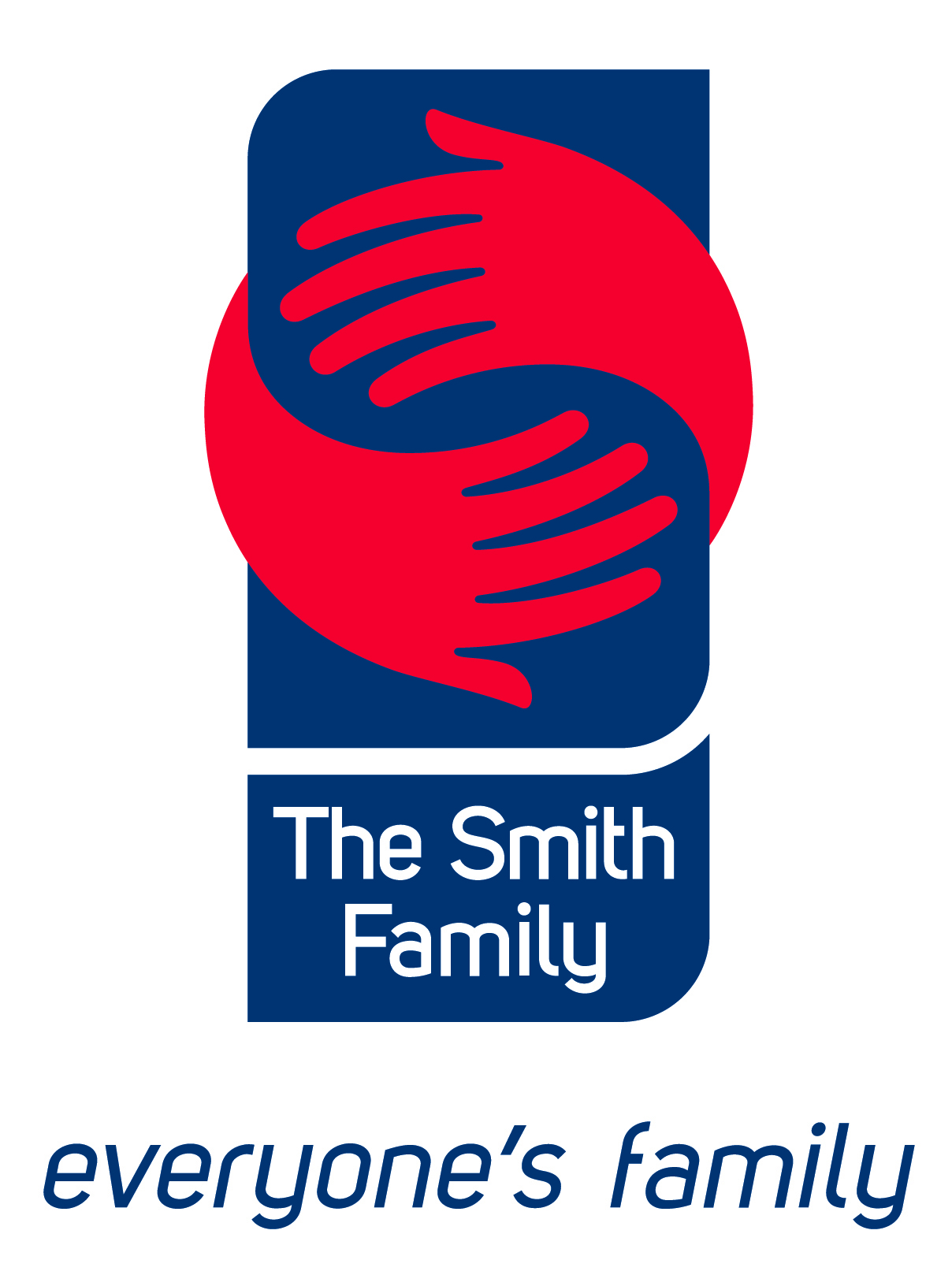
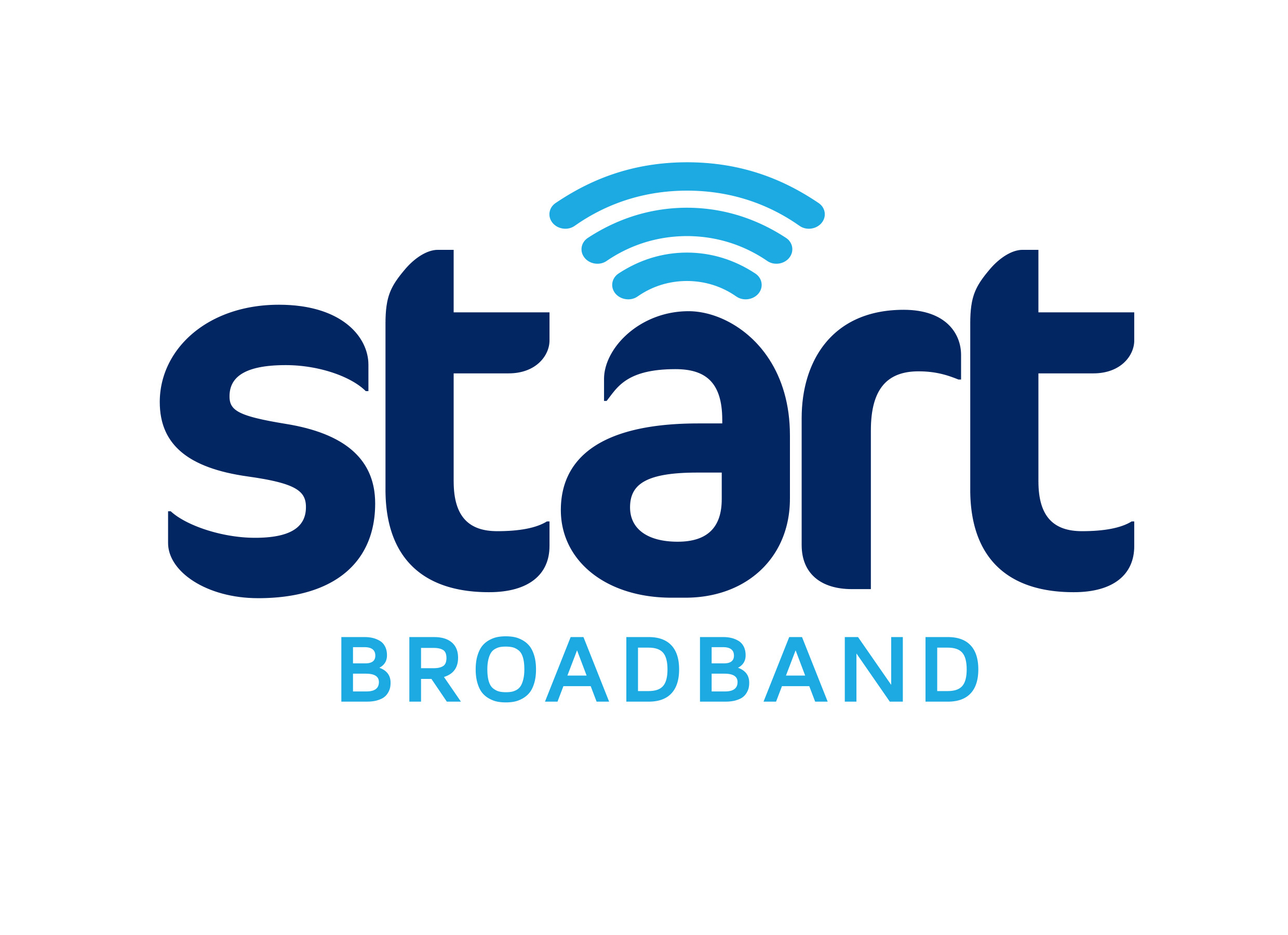





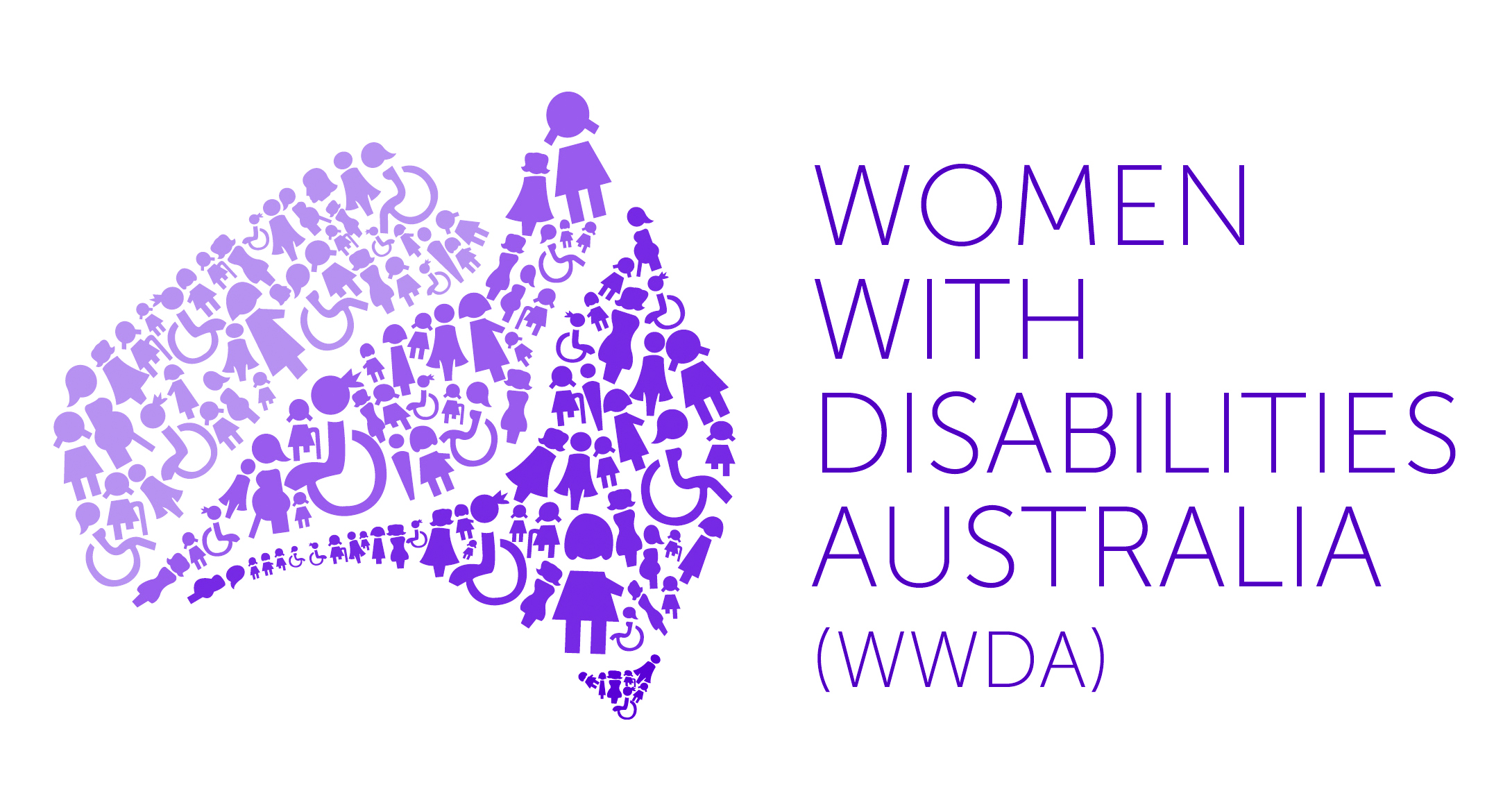

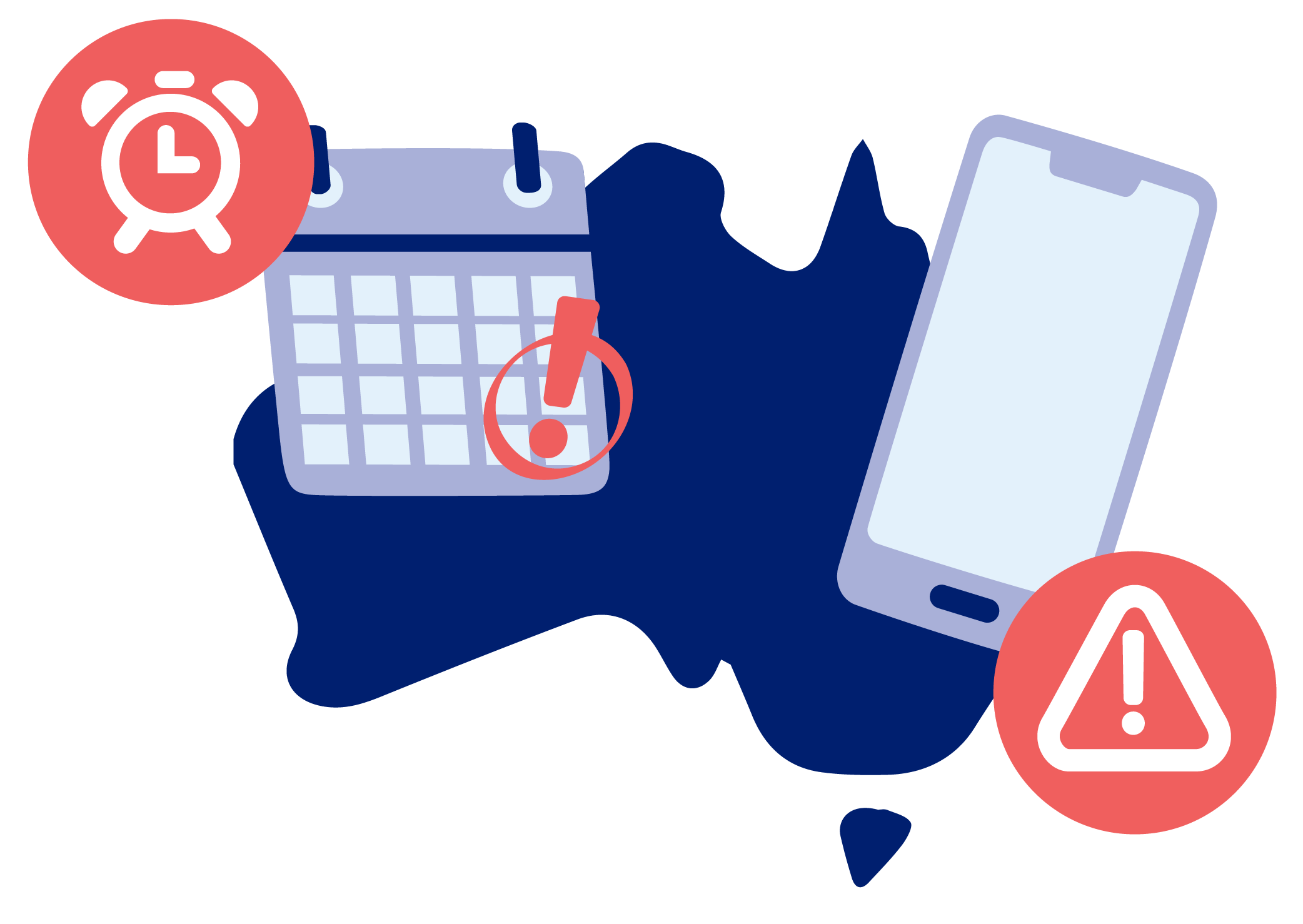 Australian telcos are turning off the 3G network
Australian telcos are turning off the 3G network
Australian telecommunications companies are closing their 3G networks to increase the capacity and speed of 4G and 5G services. Devices that only connect to 3G won’t be able to make or receive calls and texts or access the internet. Some early 4G devices are also impacted.
Read more: Quick steps to prepare for the 3G shutdown
Write comment (0 Comments)A guide for consumers
The telecommunications regulator, the ACMA, has developed a new regulation called the Telecommunications (Financial Hardship) Industry Standard (the FH standard), which builds upon protections in the existing Telecommunications Consumer Protections Code (TCP Code). The FH Standard will commence on March 29, and compliance is mandatory.
Read more: Quick guide to the Financial Hardship Standard
Write comment (0 Comments)Further information for financial counsellors
The telecommunications regulator, the Australian Communications and Media Authority (ACMA), has developed a new regulation called the Telecommunications (Financial Hardship) Industry Standard (the FH standard), which improves protections in the existing Telecommunications Consumer Protections Code (TCP Code). The FH standard is mandatory, and will commence on March 29.
Read more: New Telco Financial Hardship Protections: A guide for financial counsellors
Write comment (0 Comments)The Australian Government is currently reviewing the future of the Universal Service Obligation (USO) beyond 2024. This blog post aims to answer some of the general questions consumers may have about this important consumer protection.
Read more: Better Delivery of Universal Services: Having Your Say on the USO
Write comment (0 Comments)The Australian Communications Consumer Action Network (ACCAN) is calling on the Federal Government to implement direct regulation, via a service provider determination, to protect consumers facing domestic and family violence.
ACCAN welcomed the Government’s decision earlier this year to enforce protections for financial hardship. Yet just as financial hardship should not be a reason Australians are forced to go without essential communications services, victim-survivors of domestic and family violence (DFV) should not be cut off from crucial means of communication due to the actions of abusers or as a result of poor practice on the part of service providers.
Read more: Consumers facing domestic and family violence must see better protections
Write comment (0 Comments)Notice is hereby given that the Annual General Meeting of the ACCAN will be held at the ACCAN office, WeWork, 320 Pitt Street, Sydney or via Zoom, on Thursday 12th October 2023 from 4.00pm.
ACCAN AGM
Date: Thursday 12 October 2023
Time: 4.00pm (AEDT)
Venue: Hybrid Meeting via Zoom or at the ACCAN office, WeWork, 320 Pitt Street, Sydney – Please register from here by 10 October 2023
Read more: Notice of ACCAN Annual General Meeting (Hybrid Meeting)
Write comment (0 Comments)


